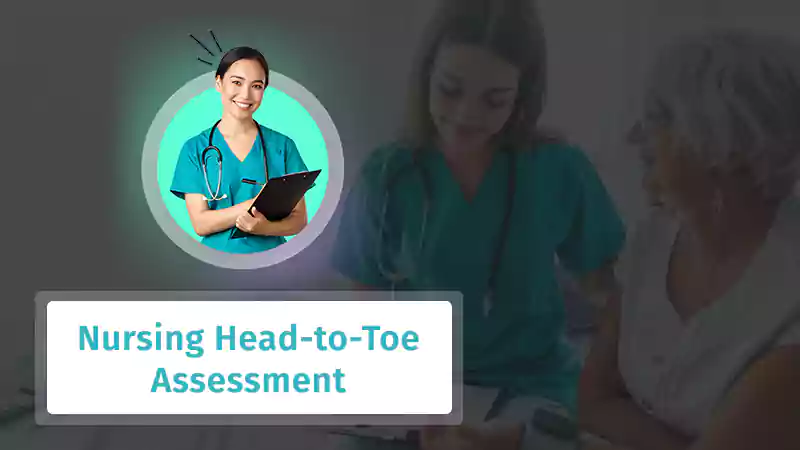The Top Nootropics for Anxiety in 2023
Did you know that a shocking 40 million American adults struggle with anxiety in some way, shape, or form? That’s 18% of the entire country.
Clearly, the 21st century is causing Americans a lot of issues. There are many factors that contribute to the rising anxiety pandemic.
The bigger problem with these high numbers? Less than half of those suffering are seeking treatment.
We are lucky enough to have access to a variety of treatment methods and support mechanisms, from counseling and therapy to medicine and natural remedies.
Using nootropics for anxiety is another method that is increasing in popularity these days. Made popular by high performers and achievers in the entrepreneurial space, nootropics have a much wider range of benefits than most people realize.
Wondering how to manage anxiety using nootropics? Want to know what types of nootropics work best for stress and anxiety relief? Keep reading to find out.
What Are Nootropics and How Can They Help With Anxiety
So what in the world are nootropics and how can you use them for anxiety management? It’s a great question. There’s a lot of confusing information out there.
Basically, nootropics are supplements that specifically support our brains. They are used to support overall cognitive function in areas such as memory improvement, creativity boosting, motivation, and mood-lifting.
Since much of our anxiety issues stem from our minds and brains, using nootropics, or over-the-counter supplements to “boost our brains” is a good idea.
Best Nootropics for Anxiety
Most nootropics will likely benefit you in some way in regards to anxiety. But here are a few that specifically target anxiety and its symptoms for noticeable relief.
L-Tyrosine
This popular nootropic is a powerful amino acid that works to lower stress, especially in social situations. It also helps to reduce the risk and effects of panic attacks, anxiety sufferers’ constant fear.
When stressed or anxious, our blood pressure rises. This heats up our body, puts us on high alert, and makes us feel unsafe. L-tyrosine works to lower cortisol levels, which in turn lowers our blood pressure.
Lion’s Mane Mushroom
This naturally occurring fungus is a beloved natural remedy for many reasons. It’s edible as is, making it a foragers favorite. It helps to treat mild symptoms of anxiety. It can also help with major disorders like dementia.
It functions as an anti-inflammatory agent. Inflammation is the cause of many, many problems, so prioritizing anti-inflammation is key for thriving in life.
Phenibut HCL
Phenibut goes by multiple names, such as Fenibut or Noofen. It can help treat anxiety and insomnia by working to depress the central nervous system during moments of high stress.
Click here to learn more about Phenibut HCL to see if it’s right for you.
Gingko Biloba
Most people associate Ginko Biloba with green tea or even energy drinks. You can also consume it as a standalone nootropic, or as an ingredient in blended nootropic supplements.
It works as an antioxidant, fighting off free radicals in your body. It helps prevent cognitive decline, especially in those who are aging. It helps to strengthen memory and our ability to focus.
Plus it can work to lower blood pressure, making it important for those who suffer from anxiety attacks.
Getting Started With Nootropics
If you are new to the wonderful world of nootropics, the best thing to do is start small. Choose one nootropic to try for a period of time to see how it helps.
The best nootropics for anxiety will all work differently for different people. So it’s best to try one at a time to see what helps and what doesn’t.
Looking for more advice on dealing with stress and increasing your quality of life? Be sure to check out our blog for more helpful articles today.
Follow Us
Latest Post
















